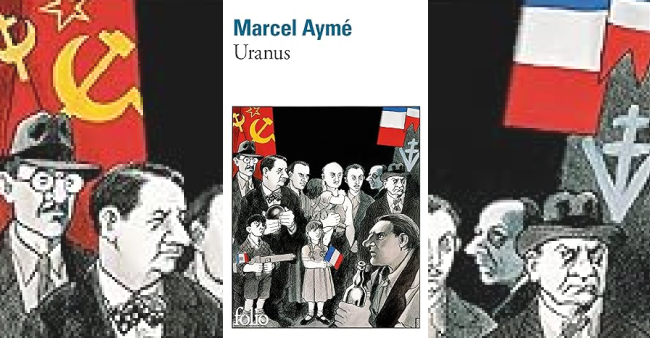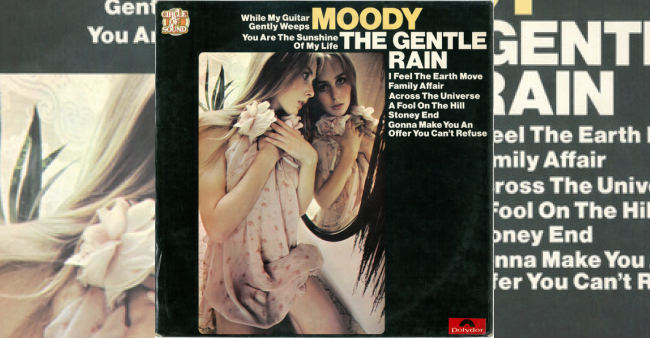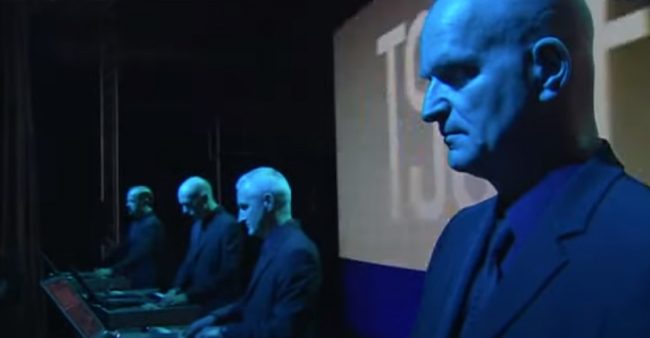“Uranus”: the purge in France after the Second World War

Adapted for the screen in the early 90s by Claude Berri with a cast of top French actors, “Uranus” is THE novel about cowardice and hypocrisy. It took all of Aymé’s genius to get to grips with an unsavory humanity: the inhabitants of the fictitious town of Blémont, at the end of the Occupation…
Released in 1947, the book recounts the horrors of the purge after four years of Nazi occupation of France. On one side, the PCF (french communist party), the martyred party that provided its share of resistance fighters, and on the other, the Gaullists. And then there are those who dabbled in the black market, whether on a large scale (Monglat) or on a small scale (cafe owner Léopold Lajeunesse). And then there are those who were Petainists and can’t repent, or those who – now that the tide has turned – pretend to have always been secretly Gaullist.
Hypocrisy is therefore at the heart of this novel. We’re not talking about the hypocrisy that on monday mornings in the office makes your superior smile at the coffee machine (“you believe that you’ve been promoted thanks to your talents, but I know the real reason”). No, we’re talking about being hypocritical in a context of open-air revenge (by the way, most of Blémont was razed to the ground by German bombs) that can lead to a firing squad.
That’s exactly what threatens Maxime Loin, a collaborationist journalist, when he asks engineer Archambault to hide him. The problem was that Archambault was already sheltering a widowed teacher, Vatrin, whose son had been taken prisoner by the Germans, and a Communist worker and his family, René Gaigneux.
Marcel Aymé has the great merit of knowing how to write with nuance. Take, for example, the three communists in the novel : two exalted and one reasonable. The first is Rochard, whose conflict with Léopold provides the bulk of the novel. He’s capable of every kind of mischief: evicting someone from his home, gouging out the eyes of a former member of Milice (a collaborationist political and paramilitary organization).
The Moscow party gives Rochard a framework for expressing his filth in a useful way. Gaigneux sees things as a reasonable man, while Jourdan, exalted by his reading, lives for big ideas, the Grand Soir. And when it comes to showing himself to be a man of action, going to correct Rochard at the party’s request, he fails: Rochard is “so much man” (tangible) and “so little politician”, that he can’t lay a hand on him. For Jourdan, politics is an abstract thing, or so he learns to his cost on this occasion.
That’s what Aymé understands so well in this novel : politics is sometimes a thing where you have to stare the other person in the eye, and sometimes you have to look the other way. Post-war France wants to settle scores, and you have to be careful what you do or don’t do, what you say or don’t say. Aymé describes it very well.
And why is the novel called Uranus when it’s actually set in a small French town? It’s up to you to find out. But here’s a hint : it’s Vatrin who talks about this planet.
*****




